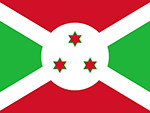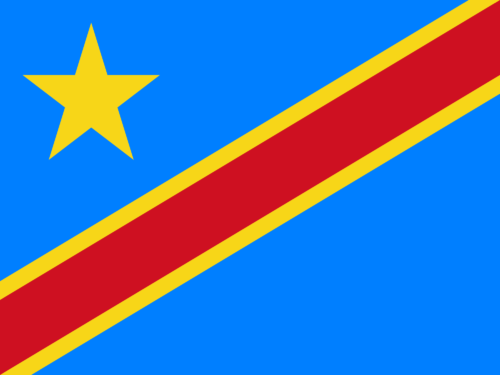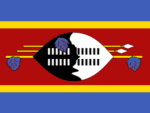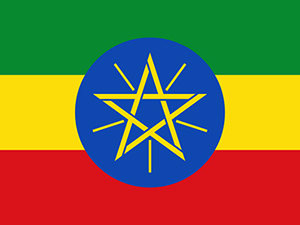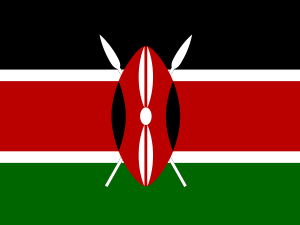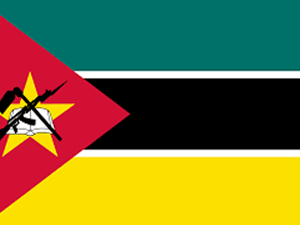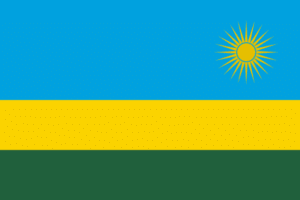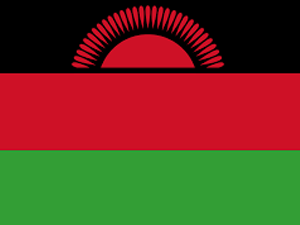 Malawi
Malawi
Differentiated Service Delivery in Malawi
Facility-Level
Coverage
%
Percent of health facilities providing less-intensive DART models.
% In Less-Intensive
Differentiated Treatment Models
Percent of people on ART who are enrolled in less-intensive DART models.
Multi-month ART Dispensing
%
Percent of people on ART receiving ≥ 6 months of ART at a time.
DART Model
Diversity
Number of groups for whom less-intensive DART models have been designed and implemented.
Differentiated Service Delivery Implementation in Malawi
Malawi joined the CQUIN learning network in 2017 and has since scaled up differentiated service delivery (DSD) through strong governance, a national technical working group made up of civil society organizations representing recipients of care, and the oversight of a national DSD coordinator. Malawi adopted the use of DSD models of care in 2006 as part of the national strategy to build a strong national HIV program around the needs of the country’s diverse population of people living with HIV.
Malawi’s longstanding DSD implementation efforts are backed by implementation science. In 2016, Malawi’s Ministry of Health partnered with the Clinton Health Access Initiative (CHAI) to conduct a process evaluation to understand the extent to which people on ART were correctly differentiated and the characteristics and costs of three DSD treatment models. In 2018, the Bill and Melinda Gates Foundation supported CHAI and the Boston University School of Public Health to launch the AMBIT study (Alternative Models of ART Delivery: Optimizing the Benefits) to evaluate the coverage, uptake, benefits, and costs of differentiated ART services in Malawi, Zambia and South Africa.
Currently, Malawi offers four less-intensive DSD models including:
- Two individual facility-based models: three-month multi-month scripting (MMS) and six-month (MMS), providing ART medication in three to six-month increments.
- One facility-based group model: facility-based teen clubs, where adolescents are linked with ART services.
- One community-based individual model: a provider-led outreach model.
Malawi continues to pilot DSD and conduct research to inform policy, while investing in education and training for health care workers, monitoring and evaluation, (M&E) and community engagement initiatives. Other models in the early pilot stages include community ART groups, drop-in centers linked to health facilities for key populations, evening clinic hours, and weekend clinics specifically for adolescents.
Standards of care for specific DSD models have been integrated into the existing ART guidelines. Malawi built on this knowledge, and on insights gained during CQUIN’s 2019 quality improvement workshop to develop a National Quality Improvement Framework with DSD under the HIV section.
Malawi has both hosted and participated in CQUIN south-to-south visits. Several countries, including Eswatini and Mozambique have visited Malawi to observe its teen club model; Malawi has also visited Uganda and Eswatini.
Additionally, in October 2018, CQUIN convened a four-country workshop in Malawi that included teams from Eswatini, Malawi, Uganda, and Zimbabwe. Quality and quality improvement (QI) is a priority for Malawi’s DSD program, and team members serve as participants in the quality and QI community of practice.
Resources
DSD Quality Standards Framework
M&E Framework for Monitoring of Differentiated ART Services
Taking Differentiated Service Delivery to Scale in Malawi
2016 CHAI assessment

Visit ICAP's Website for a broader portfolio of work in CQUIN network countries.


